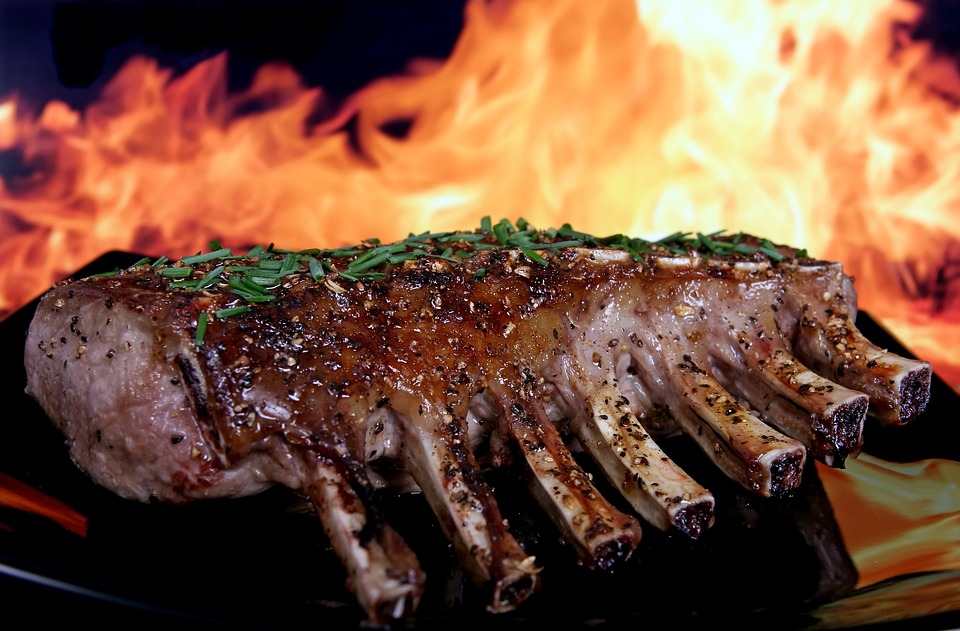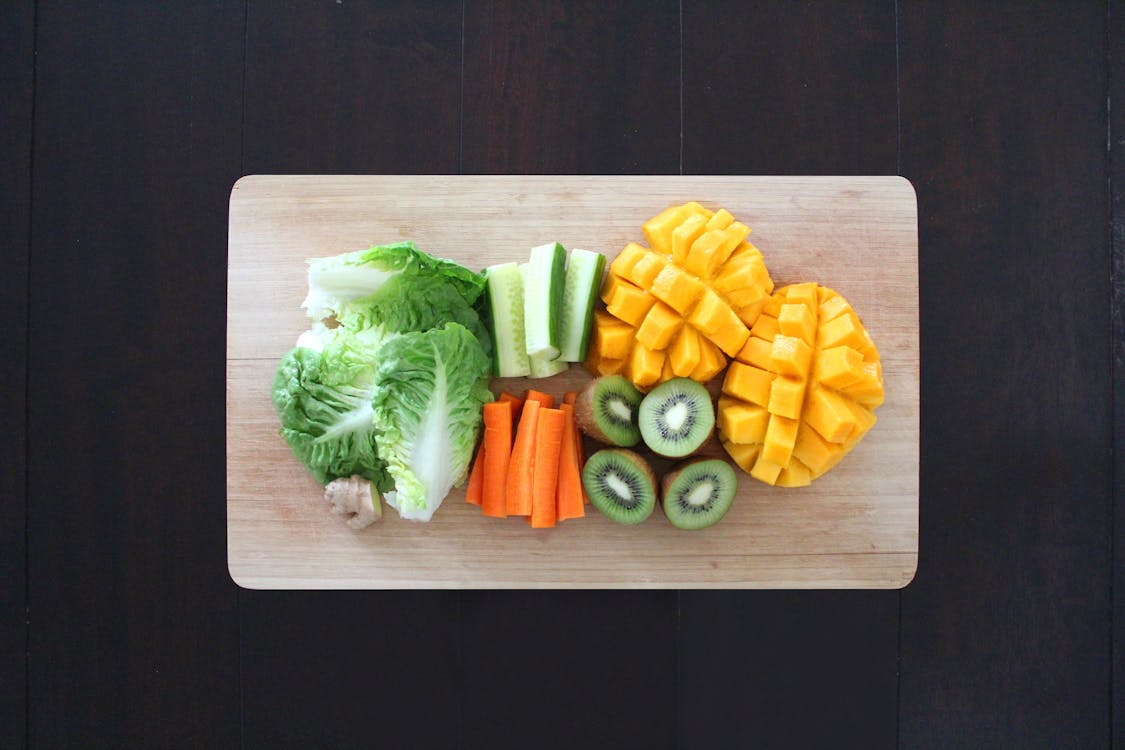Do Vegans Eat Meat?

They say no question is stupid and they are right. So if you’re wondering ‘do vegans eat meat’ here lies a detailed answer.
Vegans do not consume any animal products, such as meat, eggs, or dairy. Red meat, poultry, game, fish, shellfish, crustacea, and animal by-products are off-limits for most vegetarians and all vegans.
Veganism is much more than just dietary choices for many people. Veganism is a lifestyle choice made for health, ethical, and/or environmental reasons.
Vegans strictly avoid using any animal-derived goods. Leather, fur, silk, and wool are examples of such materials. They do not use certain soaps or cosmetics, either.
Nuts, grain, seeds, legumes, fruit and vegetables, dairy products, and eggs make up certain vegetarian diets. However, vegans are vegetarians who do not eat eggs, dairy, or any other animal products.
What is Vegan?
The word “vegan” was coined in 1944 by a small group of vegetarians who split off from the Leicester Vegetarian Society in England to form the Vegan Society.
In 1949 is when the world was introduced to the original meaning of veganism. The term “veganism” has evolved slightly through time to become what it is now. Veganism is known as the strictest type of vegetarianism.
Vegan Society defines veganism as a style of life that tries to avoid as much as possible all types of animal exploitation and cruelty.
Furthermore, vegans do not eat any animal by-products, because they believe that this has the greatest influence on their health and the environment.
In terms of ethics, vegetarians reject the slaughter of animals for food. However, some also typically avoid the consumption of animal by-products.
Whereas, vegans think that all animals, whether for clothing, food, entertainment, or science have a right to be free of human use. As a result, they try to stay away from all animal by-products, regardless of how animals are raised or housed.
Can Vegans Eat Animal Products?
Vegans and vegetarians both avoid eating animal products. Vegetarians differ from vegans, with vegans being at the end of the vegetarian spectrum, avoiding anything that comes from or includes animals.
Vegan diets can provide extra health advantages. However, vegetarians and vegans must carefully arrange their meals in order to avoid long-term health problems. For instance, vitamin B12 deficiency is common in vegans.
Vegan diets tend to be particularly successful in assisting people in losing weight. Several studies have proven a vegan diet to be linked with a decrease in the risk of obesity.
Is Meat Healthy?

For years, nutritionists have conveyed conflicting messages related to meat. There have been many debates for and against eating meat. However, few people can agree on what it does to our bodies or how it affects the environment.
There are some people who believe that meat is a great source of nutrition. However, some individuals believe it is unhealthy.
Red and processed meats do pose a threat to one’s health. Processed meat products have a lot of additives and chemicals in them, which can be harmful to your health.
Red meat has been connected to high cholesterol in the past, which has been associated with an increased risk of cardiovascular illness such as heart attacks and strokes. Reduced meat consumption is also linked to lower obesity rates in both children and adults.
A Harvard research conducted in 2014 states that eating only one serving of red meat per day during adolescence was linked to a 22% greater risk of pre-menopausal breast cancer.
During the slaughter and processing phase animals are mostly polluted with fecal contamination. Therefore, eating meat puts individuals at a higher risk of food poisoning.
Vegetarians are 12 percent less likely than meat-eaters to die over a six-year follow-up period, according to a study published in the journal JAMA Internal Medicine.
According to the Adventist Health Study, vegetarian women live an average of 85.7 years, 6.1 years longer than non-vegetarian women. If you want to go the extra mile, it appears that one of the simplest things you can do is cut out meat products.
Is Meat Keto?
A common misunderstanding about Keto is that it is an “all meat” diet. Recent research no longer supports the notion that eating too much protein can knock you out of ketosis. Keto dieters should attempt to maintain a mix of meat, veggies, and other meals to enhance nutritional diversity.
To help you meet your fat macro target, most Keto dieters should attempt to consume a fairly normal quantity of meat and pick meats that are rich in fat.
Is Meat Gluten-Free?
Yes, meat that has not had anything added to it is inherently gluten-free. To avoid gluten, it is important to avoid fried or items which has flour or other wheat-based carbohydrates. Furthermore, you can look for the Certified Gluten-Free label if you are unsure.
Gluten is a naturally occurring protein combination that functions as a binder and gives bread its chewy, elastic structure. If you have ever made sourdough bread and seen how it goes from a thick glob to a more aerated, flexible feel, that is clear evidence of gluten strands developing.
It is also what allows sourdough to have those amazing pockets when sliced open and viewed from the side.
Can Vegans Eat All Plants?

Vegans think that eating plants rather than animals is healthier, more ethical, and better for the environment. Plants and plant-based foods make up a vegan diet.
Green plants such as spinach, bok choy, kale, and mustard greens fall within this category. Broccoli, turnip greens, artichokes, and black currants are all good choices as well. Fruits and vegetables are nutritious, and some of them may be substituted for animal products.
What Are Vegan Alternatives To Meat?
It is a healthy and tasty approach to explore a new diet by replacing meat with plant-based proteins as the star of your meals. The healthiest meat alternatives can be hearty vegetables or legumes.
However, they also include soy, wheat gluten, nuts, vegetables, legumes, or a mix of these. Vegan meat substitutes have progressed far beyond vegetable burgers and tofu cubes.
From tasty tempeh bacon to vegan burgers, the possibilities are endless. It is crucial to keep in mind that before purchasing any product it is important to read the ingredients list.











